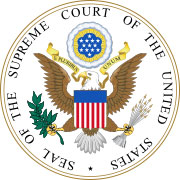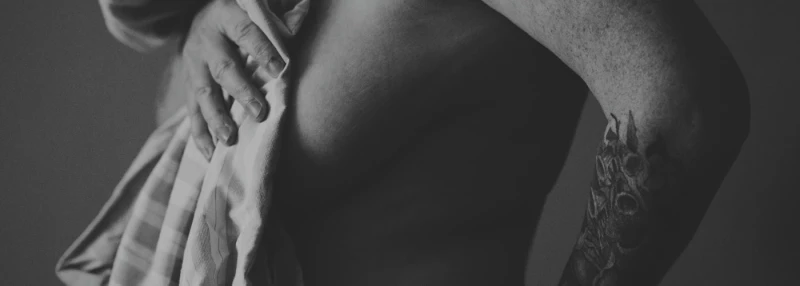In a landmark case today, the United States Supreme Court held that human genes are “products of nature,” and cannot be patented. I don’t know about you – but to me this seems like common sense.
However, like all things in life, the complexities are in the details. For instance, the Court also determined that composite DNA (cDNA) which is synthetically created is entitled to patent protection. So what does all of this mean? And what is cDNA? 
Let’s look at what we know:
· Mutations in either BRCA 1 or 2 genes predispose a person to certain cancers including breast and ovarian cancer.
· These gene mutations can be passed down from generation to generation, from either the mother or the father’s side.
· With a genetic mutation in BRCA 1 or 2, a woman is five times more likely to develop breast cancer than a woman in the general population.
· Most important, we know that women diagnosed with breast cancer under the age of 40 are more likely to have these genetic mutations. They are therefore frequently referred for genetic counseling and testing.
If you haven’t been following the Supreme Court case, here it is in a nutshell: Myriad Genetics is the company that discovered the location and sequence of the BRCA 1 and 2 genes and developed a test to determine if a person has a mutation of either of those genes. (Side note: this is the test Angelina Jolie used that received so much media attention recently). Because Myriad held and enforced the patents on BRCA 1 and 2 genes, it was the ONLY company that could conduct testing for mutations. These tests cost upwards of $3,000. So if you wanted to be tested for the mutation and didn’t want Myriad to do the testing or if you wanted a second opinion … it was not possible! Myriad was the only company allowed to do the testing.
In court, Myriad argued that the company’s discovery of the location of BRCA 1 and 2, as well as its ability to extract those genes for testing, entitled it to a patent on BRCA 1 and 2. The Supreme Court has now rejected those claims. The Court stated, “Myriad did not create anything. To be sure, it found an important and useful gene, but separating that gene from its surrounding genetic material is not an act of invention.”
The Court did find that, “the lab technician unquestionably creates something new when cDNA is made.” It therefore, can be patented. What is not clear (to me) from the Court’s decision is the role of cDNA in Myriad’s testing and whether its finding that cDNA can be patented affects Myriad’s exclusive claims to BRCA 1 and 2 testing.
As I see it, opening the door to healthy competition which could lower the cost of genetic testing and make it appropriately accessible to more young women would be a great outcome; allowing other companies to perform BRCA testing could allow people to obtain a second opinion – something that was not previously possible because of patenting; and this decision could aid breast cancer researchers by providing greater access to information related to BRCA 1 and 2.
Regardless, the Supreme Court’s decision that human genes cannot be patented is an important one. It establishes precedent that no company owns the rights to BRCA 1, BRCA 2, or any other human gene – and that is important for all of us.
However, it remains to be seen how the Supreme Court’s decision will alter current practice. Young Survival Coalition is hopeful it means that Myriad and other companies will continue to invest in technology and testing that helps us to better understand the origin of and/or risk of developing cancer that would ultimately improve patient outcomes.
I guess the question that needs to be asked is – could this decision discourage companies from investing in other gene mutation identification and/or tests that we don’t even know about yet? I don’t know the answer – but I think the question is an important one to ask.
While many people are applauding the Supreme Court today, I am giving them more of a pat on the back. To me, not allowing the patenting of human genes seems like a no-brainer. In the end, patients need to be the number one focus of our medical community, not profits.
The entire text of the decision can be found here.
We'd like your opinion! Please leave a comment below and tell us what YOU think.




